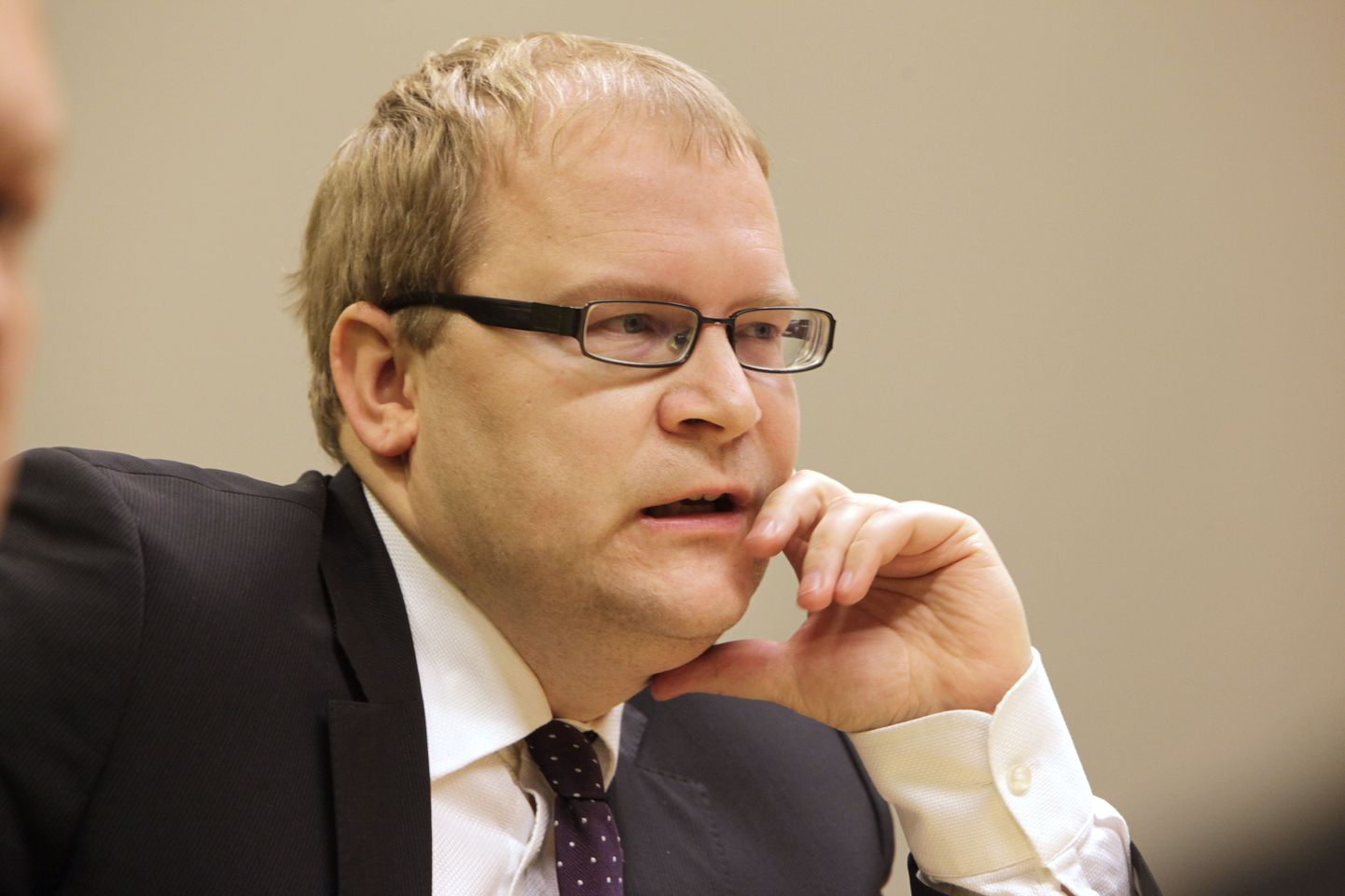Needless to say, Estonia’s consular policy is people-centred as well. New representations have given us the opportunity to provide consular services in even more places. Last year the number of visas issued and consular services provided both increased remarkably. Visas issued increased by 21.5% and consular procedures by 34.6%. We increasingly utilise our network of honorary consuls and the opportunities provided by visa representation agreements. The number of countries where Estonia does not have a representative is diminishing. We are looking for additional opportunities to expand co-operation with European Union countries.
To increase Estonians’ awareness and ensure their safety we have expanded the use of IT solutions. We invest in activities that help Estonians avoid potential problems while abroad. New visa-free destinations for Estonians are Brazil, Kyrgyzstan, and Armenia.
Foreign policy serves the Estonian people. It is values-based and pragmatic. Because security, human rights, and the stability of our economic environment are our main interests. Internationally we strive for the same goals that we have set for Estonia. So that it would be safer and better to live in both Estonia and the whole world.
Kaspar, born in 2002, told Delfi’s project, which portrays the lives of 95 Estonians as Estonia turns 95, that “It’s good to live in Estonia, because there’s a nice language and good friends here.” Kaspar hopes there will be no war. That there would be plenty of happiness and money. I wholeheartedly agree.
